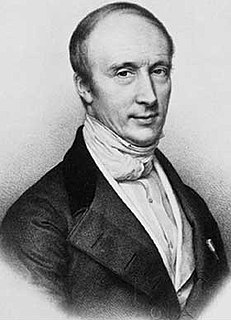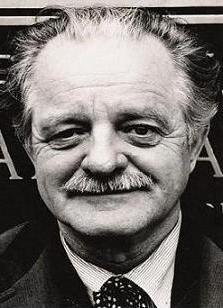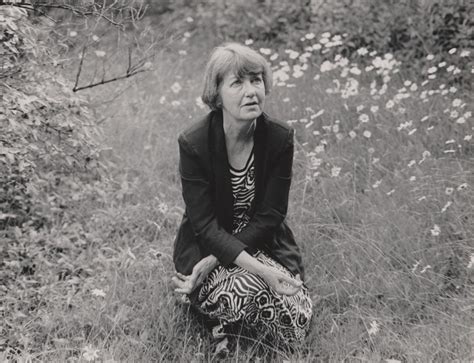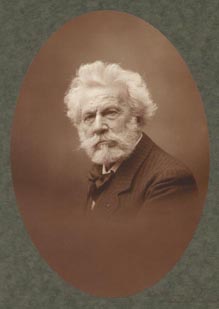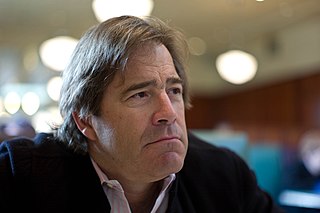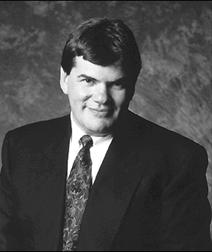A Quote by Arthur Koestler
In the index to the six hundred odd pages of Arnold Toynbee's A Study of History, abridged version, the names of Copernicus, Galileo, Descartes and Newton do not occur yet their cosmic quest destroyed the medieval vision of an immutable social order in a walled-in universe and transformed the European landscape, society, culture, habits and general outlook, as thoroughly as if a new species had arisen on this planet.
Related Quotes
The stone that Dr. Johnson once kicked to demonstrate the reality of matter has become dissipated in a diffuse distribution of mathematical probabilities. The ladder that Descartes, Galileo, Newton, and Leibniz erected in order to scale the heavens rests upon a continually shifting, unstable foundation.
If everybody on the planet today had the same standard of living as the average European or American, we would need three new planets. But we don't even have one new planet. We have this one, and with the way we're polluting it, the shrinking water resources, the climate change, the experimentation with plants... the outlook is grim.
Just as the line of astronomical thinkers from Copernicus to Newton had destroyed the old astronomy, in which the earth was the center, and the Almighty sitting above the firmament the agent in moving the heavenly bodies about it with his own hands, so now a race of biological thinkers had destroyed the old idea of a Creator minutely contriving and fashioning all animals to suit the needs and purposes of man.
There is a close connection between socio-political development, the struggle between social classes and the history of ideologies. In general, intellectual movements closely reflect the trends of economic developments. In communal society, where there are virtually no class divisions, man's productive activities on outlook and culture is less discernible. Account must be taken of the psychology of conflicting classes.
Shambhala vision is universal. It has no bias towards one type of culture or group. It is not ethnocentric and does not encourage one specific kind of person, race, or religion. Shambhala vision promotes a universality in relationship to basic goodness. All human beings are basically good and an enlightened society, at various levels of manifestation, can occur in any culture.
It seemed [there are] musical nodes on the planet where cultures meet and mix, sometimes as a result of unfortunate circumstances, like slavery or something else, in places like New Orleans and Havana and Brazil. And those are places where the European culture and indigenous culture and African culture all met and lived together, and some new kind of culture and especially music came out of that.







